After more than a century of operations, one of South Africa’s biggest contractors has decided to get out of building and infrastructure altogether, and will exit from overseas markets including the Middle East.
An early participant in Dubai’s building boom, Murray & Roberts won the contract to build the iconic Burj Al Arab (pictured), completed in 1999.
In 2004 it won a $1.3bn contract with Leighton of Australia to build a third concourse at Dubai International Airport.
Now, however, following a difficult run of years, it will focus instead on “the global natural resources markets”, it said while announcing financial results on 24 August.
“The decision to dispose of the Infrastructure & Building businesses supports the Group’s long-term strategy to focus its business on the global natural resources markets, and follows an extended period of careful planning and consideration,” said Henry Laas, Murray & Roberts group chief executive.
Bad news has dogged the firm in recent years. In the wake of the financial crisis it pulled out of the Dubai International Airport project in 2009.
In 2013 it was fined $30m by South Africa’s antitrust body, the Competition Commission, which accused it and 15 other construction companies of bid-rigging on contracts relating to the 2010 World Cup.
Other troublesome contracts included the liquefied natural gas facility in Australia – the Gorgon Pioneer Materials Offloading Facility – and Johannesburg’s Gautrain, a mass transit rail project.
The company first signalled an exit from the building sector in 2014 after hiring a strategy consultant to help it shape what the company called “the possibility of a quantum leap” into “a completely new era”.
“Currently about 80% of our business is in the construction space which is really very difficult to differentiate yourself in,” Henry Laas said at the time. “It’s like a commodity, and for that reason it is very competitive, it is very low margin, and we believe that we can enhance value if we increase our participation in other segments of the value chain, in other words into the engineering space and more so in the operations and maintenance as well.”
Now the company says that by 2025 it wants to be a “leading multinational group that applies its project lifecycle capabilities to optimise fixed capital investment”.
Targeted sectors are oil and gas, metals and minerals, and power and water.
Said Laas: “Growing our capability in specialist engineering, commissioning and asset support and maintenance services in these market sectors should yield higher margins and carry lower risk than services only provided in the construction segment of the project value chain, enhancing return to shareholders.”
Acknowledging the global slowdown in two of the firm’s targeted sectors, oil and gas and mining, Laas added: “The natural resource market sectors are cyclical and the Group will trade through this difficult period whilst implementation of this plan will position the Group well for the upturn.”
Image: The Burj Al Arab, completed in 1999 (Wikimedia Commons)
Further Reading:
Comments
Comments are closed.

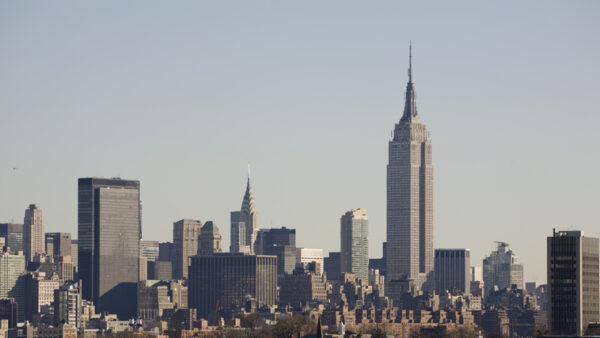
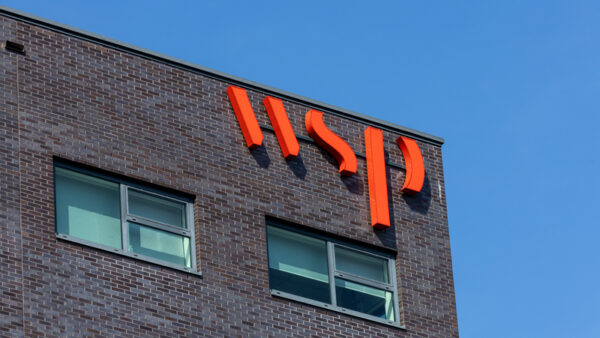
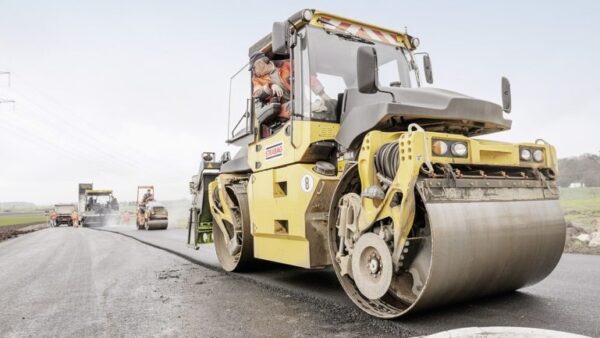
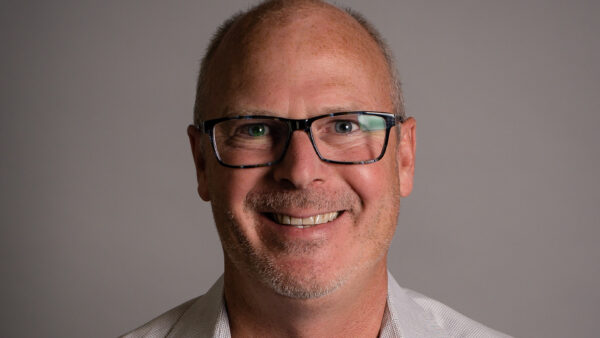
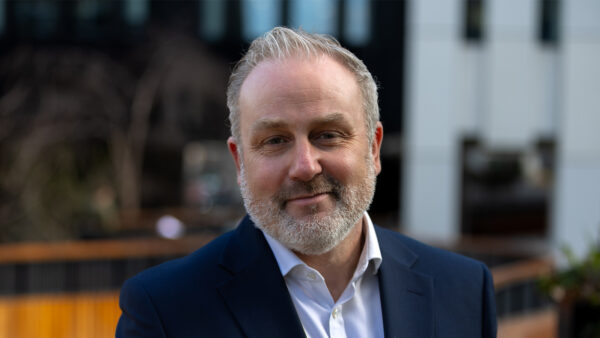
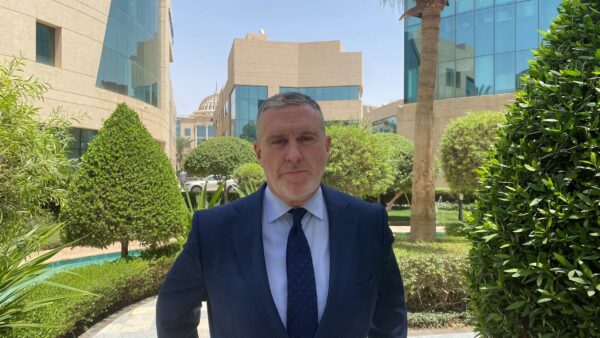
The very essence of most tendering terms usually clearly state that : “the client is under no! obligation to accept the lowest and or any of the tenders submitted!!!” This clearly implies that the client has the right under the law to exercise due diligence, in intelligent self interest, before deciding for or against the entering into the construction contract! The client’s essential point of reference in this regard is the ” essential pretender estimate “submitted to the client for his consideration to enable such client to decide on both the affordability and the viability of the project! So should the client then decide to call for tenders and on receiving them decide accept say the lowest tender and to sign and enter into a mutually agreed and binding contract without clearly defining under law his claim back right for bid-rigging – could well , by failing to do so , have been complicit in waving his legal right to do so!!! Contractors beware!!!
It’s quite sad to see M&R move out of what was once its most successful business stream. I look back with pride to 1974 when I started my career, with what was first Roberts Construction, and the many good souls whom I had the pleasure of working with. The highlight was being involved with the Burj Al Arab Project (Chicago Beach to those of us who were there and built it).
There are so many talented professionals throughout the world who were either trained at or honed their skills with Roberts Construction and then Murray and Roberts.
A privilege to have once been a part of such a great organisation.
Robert B
Not sure what will i say. Should i appreciate this or not. And surely we are gonna miss some attractive, gorgeous constructions from them. I think they should not stop their current business as they are building. May be they can expand their business for global natural resources. Hope for the best.
Its extremely disappointing and sad news that Africa’s leading construction giant has decided to pull out of Building. I worked for Roberts Construction Zambia 1965-1971, then Murray and Stewart in Cape Town 1971-1978 then after a short spell rejoined the M&R Group working in both their international wing in Botswana and Transvaal (Gauteng) 1980-1983. In other words with their green, orange and then yellow corporate colours. The respect the firm received as a great employer and the high ethical standards of business they established as they worked with clients and design teams both throughout Southern Africa and their overseas territories has never been matched by any other contractor in the building sector on the African continent and indeed many other parts of the developing world. It seems that the building industry these days is in a different space and I doubt that their staff today still feel the absolute pride we all felt in earlier years of being a member of their staff. The Roberts Brothers in the Transvaal and Murray in the Cape would have been horrified if they were alive today. The company says that it cannot handle the competitive business environment in the building industry today. Where is that steely determination that the Directors had in earlier days? Instead of giving in to the opposition the previous generation of leadership would have taken on the new challenges on board and found new ways of re-kindling the previous success of the group. Instead they now see their future in Oil& Gas, Metals and Mining and Water and Power generation. Hasn’t anyone considered that these resources are almost all commodities that in the long run will eventually be replaced, maybe sooner than we all think – and then where does the group focus next ? Buildings of all sizes will always be necessary as the world population grows – never more so than in Africa, the very birthplace of Murray and Roberts. Seems to me that the present day shareholders of the group are much more interested in big dividends than the glorious heritage of a great construction icon! Rest in Peace !!!